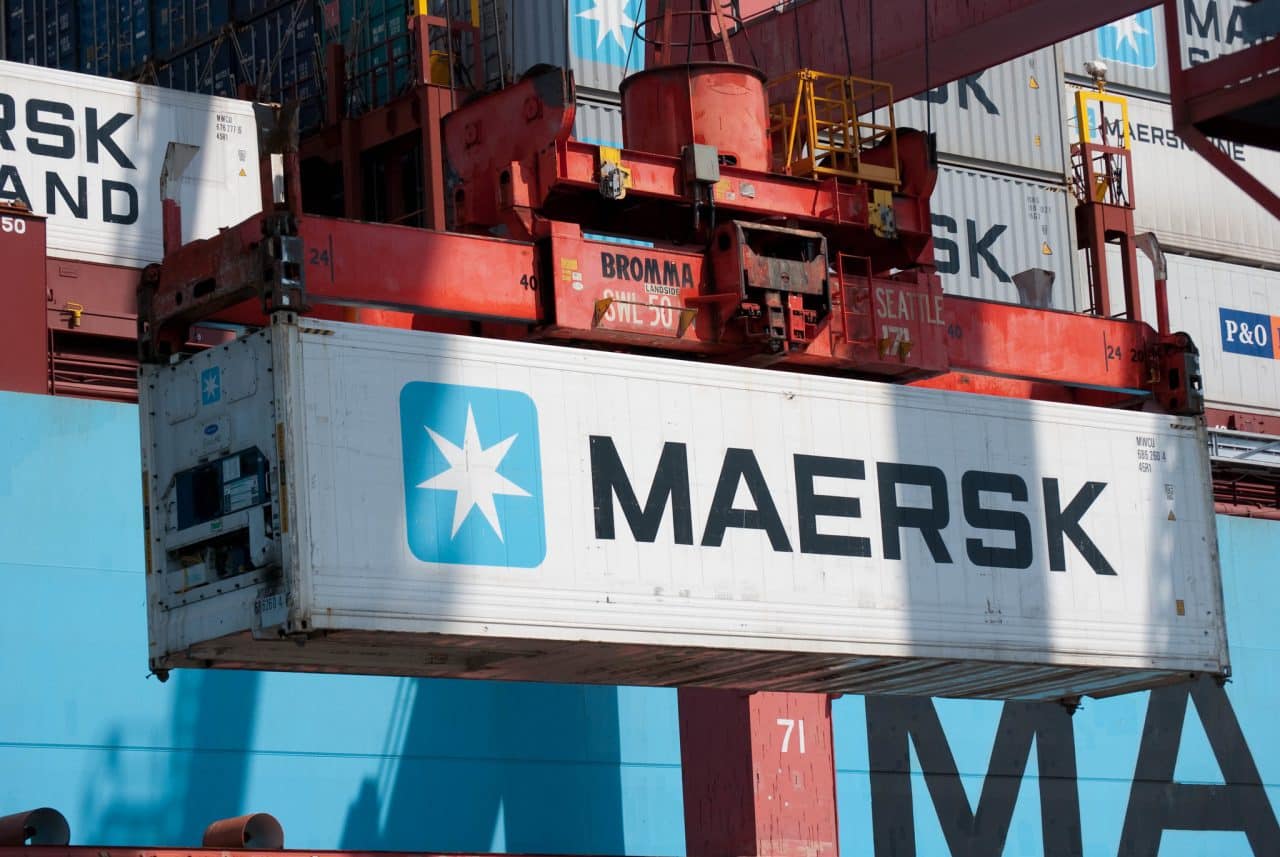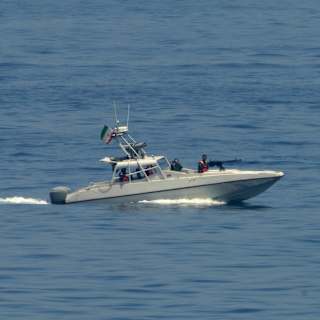- Company Aligns With UN Database
- Campaign Pressure Tactics
- Military Shipments Continue
Danish shipping giant Maersk announced this month it will halt shipments to and from companies linked to illegal Israeli settlements in the occupied West Bank, marking the first time a global shipping company has committed to such measures after sustained activist pressure.
The decision comes after more than a year of international campaigning by the Palestinian Youth Movement and represents a watershed moment for corporate accountability in the Israeli-Palestinian conflict, though activists say the company must go further by ending military shipments to Israel.

Maersk quietly posted the announcement on its website, stating it had "strengthened [its] screening procedures in relation to Israeli settlements, including aligning [their] screening process with the OHCHR database of businesses involved in activities in the settlements"12. The UN Office of the High Commissioner for Human Rights database, established in 2020 and updated in 2023, lists over 100 companies operating in settlements housing more than 500,000 Israeli settlers34.
A Maersk spokesperson confirmed to The New Arab that the decision "addresses only shipments to/from settlements" and was "not about cutting ties with the companies on the OHCHR list in general"5. The company did not specify how many clients would be affected or provide details about terminated contracts3.
The "Mask off Maersk" campaign, launched in summer 2024, employed varied tactics across multiple countries to pressure the $51.1 billion revenue company12. Spain blocked two Maersk ships carrying military cargo from docking in November 2024, while 1,000 protesters shut down the company's Copenhagen headquarters for a day in February1. Dockworkers in Morocco and France refused to service Maersk ships delivering military components, forcing the company to alter Mediterranean shipping routes1.
"This sends a clear message to the global shipping industry: compliance with international law and basic human rights is not optional," said Aisha Nizar of the Palestinian Youth Movement3. The group published research in January detailing Maersk's shipments from settlement companies including Extal Ltd, an aluminum firm operating from the Ma'ale Adumim settlement4.
Despite the settlement divestment, activists criticized Maersk's continued transportation of military cargo to Israel, including F-35 fighter jet components. "Maersk continues to profit from the genocide of our people – regularly shipping F-35 components used to bomb and massacre Palestinians," Nizar said1. The company suspended military cargo shipments to Israel's largest seaport in June due to safety concerns but activists demand a permanent ban2.
"We will continue to build pressure and mobilize people power until Maersk cuts all ties to genocide," Nizar added1.



